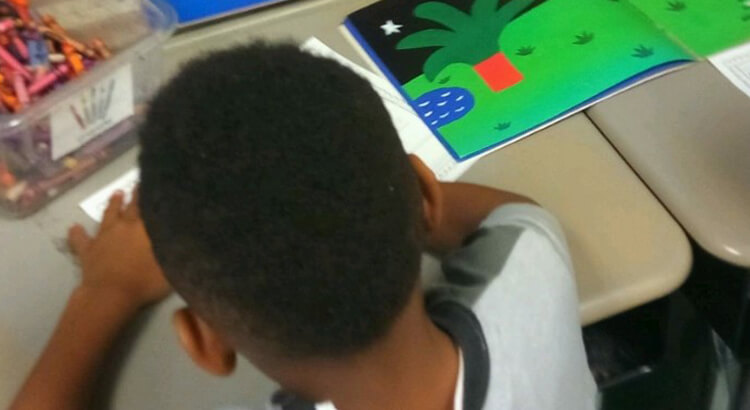Educators change lives every day in ways large and small. Often, those changes are focused on the classroom. But not always. The very best educators work their magic everywhere. That’s what we found when we asked nominees for our LifeChanger of the Year educator program to reflect on the best approaches to their work.
The first smile that an infant gives when they recognize a familiar face. The beautiful yet articulate sound of cooing and babbling that sounds like the formation of a baby’s first words. These are all indications of the innate ability for cognitive development in a person. Everything that an infant, toddler, or school-age child experiences becomes part of who they will be.
In my years of experience educating and raising children, I have discovered each person is born with a special arête — excellence and fulfillment of a special purpose. Parents, educators, and caregivers can use this point to foster and instill those tools needed to create an adult who will inherit society. It is at this moment that one begins creating an environment for success. But how?
When a person is developing in the womb, their brain synapses are forming and each experience contributes to who this person will be and how they learn. Each experience influences a person’s social and emotional identity, as well.
Responding to a child’s needs establishes a feeling of safety. With safety provided, they can focus on exploring, and allowing their brain to take in all the wonders of the world. When they receive sensitive and responsive care, they can experience success in their lives.
My granddaughter was born premature and the doctors said she would struggle cognitively, socially, and even emotionally, but she currently has the highest GPA in the school. How was this possible? Each day in the NICU and for the next few years, we read, sang, and had active conversation with her. This gave her the ability to understand language, solve problems, and get along with other people.
I have five children who not only talked early, but also excelled. My youngest daughter began to speak at three months and recently was tapped into the honor society. Three of them are artists, two of them are musicians, mathematicians, and all are wizards with technology. Genetics does play a small role but identifying a child’s arête early and engulfing them with experiences can foster success for all.
The crayons stage is a significant time. A crayon is colorful, brilliant, makes different marks and always is important for the final work of art.
During this period children are coming into their own. They are acquiring everything needed for college and adulthood. Teachers must invite intentional play with activities designed to encourage creative expression of ideas, while still engaging students in complex and difficult content.
Lowell Milken said, “The most direct and enduring way to reach the mind and imagination of the learner is through the mind, imagination and character of the outstanding teacher.”
I actively use his philosophy that teachers who lead by example, and deliver a true passion for knowledge, will extend far beyond the classroom walls. Parents, teachers and the community must ensure that children connect to the world around them. They can do this by helping them notice the world. Teach them to lend their knowledge and gifts to their lives in such a way that they can achieve academic goals in various, meaningful ways. When this happens, new connections are made, new patterns are formed, and new vistas are opened.
Transformation from crayons into the new world of adulthood starts with college. Giving them real world problems to solve and showing them how their solution could have an impact on the outcome, helps this transformation. All the things that children experience help form who they will be as adults. We must be a champion throughout these years. A cheerleader who touches, inspires, and creates life within life each day. We must provide everything needed to change lives from cradle, to crayons, to college.
Learn more about Arlinda Yvette Davis on her LifeChanger of the Year profile.
TC100537(0418)3

